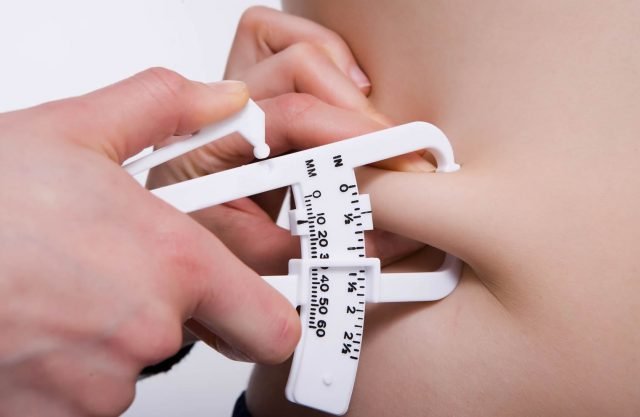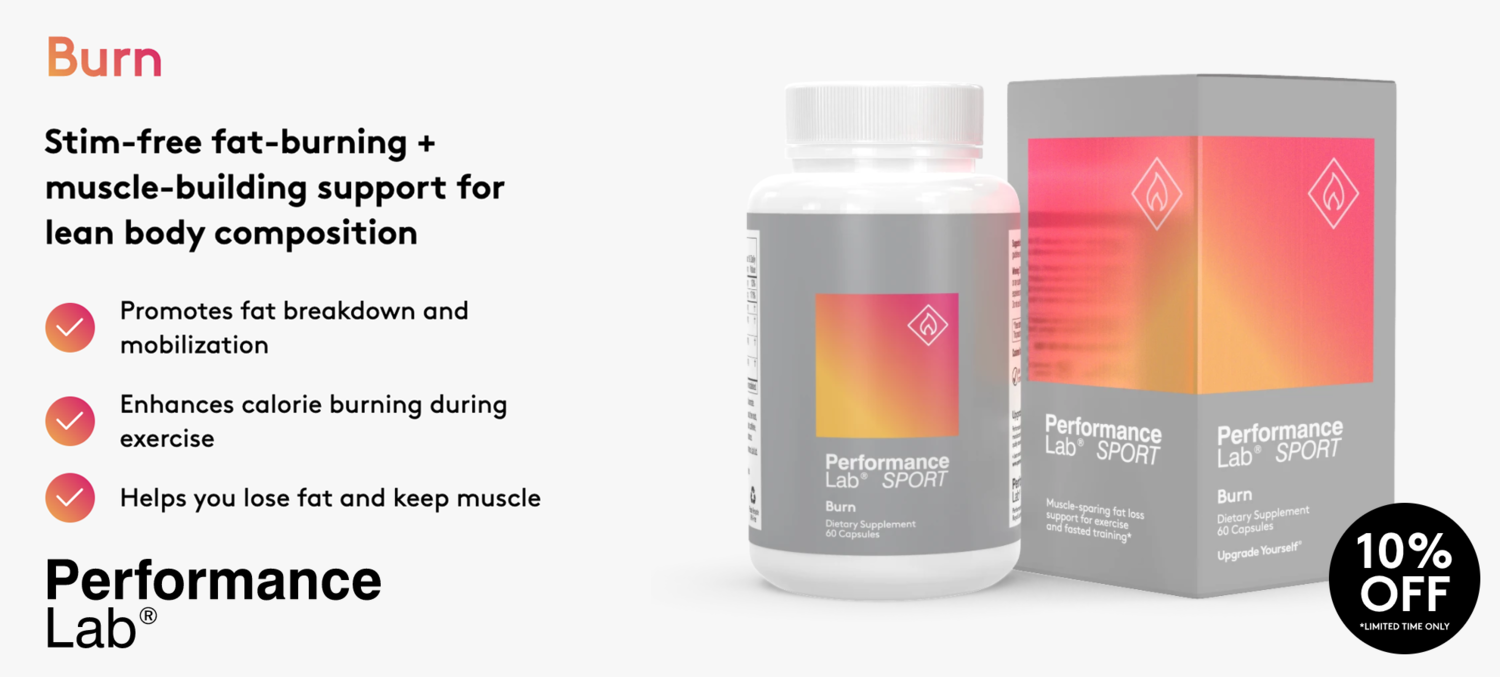Fat loss vs Weight loss | Our unhealthy obsession with the scales
By Martin Ebner
It seems that many of us are somewhat obsessed by our weight - an often meaningless number that does little more than measure the force of gravity on the body. We allow it to dictate our mood and to offer reinforcement that our hard work in the gym and our discipline in the kitchen is paying off.
Unfortunately, weight loss can be subjective and often isn't a true measurement of noticeable or viable results. Consider the following:
If you didn't eat for a day, you would lose weight.
If you didn't consume any fluids for a day, you would lose weight.
If you weigh yourself after you go to the bathroom, you would lose weight.
If you shaved your hair, you'd lose weight.
If you did all four, you would be lighter yes but you'd also be dehydrated, shrivelled up, bald and hungry. Sounds great doesn't it!?
My point is that while you may be on a weight loss journey, it's much more important to focus on fat loss and not overall weight loss as an indicator or measurement of success and here's why:
Muscle is more dense and weighs more than fat.
There are many athletes that would be considered overweight and in some extreme cases, obese according to the BMI index. Correct me if I'm wrong but I'm not sure I would look at sprinter Usain Bolt or skier Lindsay Vonn and think damn, they need to lose a few pounds.
If you're new to exercise or returning to a workout routine after a long period of couch surfing and inactivity, it's important to note that it's highly likely that you'll gain a few pounds of muscle. While this might sound off-putting for those with the sole focus of reducing the number on the scales, it's actually very positive and the body's natural response to a new challenge. Weight gained through muscle growth is very positive and will change your body composition (ratio: fat to muscle) which is extremely important for overall health, fat loss and weight management.
Gain muscle for healthy long-term weight maintenance
Muscle mass effects your BMR (basal metabolic rate) or the number of calories your body burns during and after exercise. The more muscle you have, the higher your BMR which means you're essentially burning more calories just to survive. If you're sitting there thinking, but I don't want to get bulky (sorry girls), rest assured that gaining weight in lean muscle will make you look healthy and toned, not bulky.
If you focus on weight loss only with little to no regard for where the weight loss is coming from (normally as a result of extreme calorie restrictions or an excessive cardio exercise routine), you risk losing a lot of muscle. This means when you do eventually arrive at your “ideal weight”, you'll find it extremely difficult to maintain as the number of calories your body burns on a day to day basis will be much lower.
One of the best ways to maintain muscle whilst losing fat is by incorporating strength training into your exercise plan. Again, you don't have to worry about gaining too much or getting bulky. For the majority of us (women especially), adding large amounts of muscle without a very specific diet and exercise plan is very difficult to do.
Related article: 7 top fat burning exercises
Dehydration isn't real weight loss
One of the simplest ways to lose weight is to reduce the amount of water in the body. You may have heard of the extreme dehydrating techniques fighters use in the days and hours before the pre-fight weigh-in. Dropping huge amounts of artificial water weight only to pile it all back on in the hours and days following their weigh-in.
As water weight is dependant on so many factors (carbohydrate and salt consumption, sweating, excessive exercising, urinating etc) it can regularly fluctuate which can affect the number on the scales. As most of us are unable to eat enough over the course of a day or two to gain considerable weight, if you notice that your weight increases or decreases from one day to the next or even during the course of a day, chances are it's water related and therefore an inaccurate measure of progress.
3 Alternative methods to track progress
When working with a new client I always try to encourage additional methods of tracking their progress. While weight is always part of the equation initially, I find most clients give it less importance once they see the positive results of a controlled and well-planned diet and exercise program. Here are 3 methods I use:
Body fat percentage with skinfold calipers
This can be done using a cheap set of body fat calipers (see image above).
Body measurements
As muscle is far denser than fat, you'll find that even if the number on the scales doesn't shift, your measurements will decrease.
Before, during and after pictures
Simple but an extremely effective tool to measure your results. A quick glance at your before selfie when feeling low can show just how far you've come and can encourage you to keep going.
How your clothes feel on your body
Ok, while it's not really an accurate measurement, it does feel great when your clothes start to feel loser on your body.
Note: Just make sure they're not freshly washed as clothes have a tendency to shrink!
Conclusion:
While weight loss can be used to track progress in certain circumstances, it's much better when used in conjunction with other factors such as body fat % and body measurements. That way, when you do lose weight you have a clearer indication of where the weight loss is coming from.
By focusing on losing fat instead of weight, you will create a lovely toned look, not a skinny fat version of your former self which can often result if the measures taken are too extreme.
If you do find that your weight fluctuates a few pounds here and there, don't get disheartened. Weight loss and fitness results are never linear. If you stay positive and focus on the bigger picture, you stand a far greater chance of reaching your health and fitness goals!





